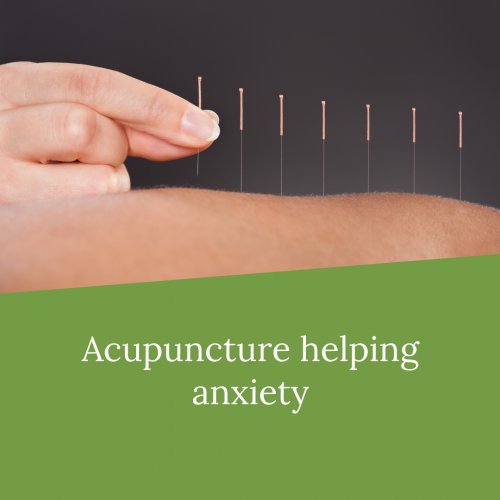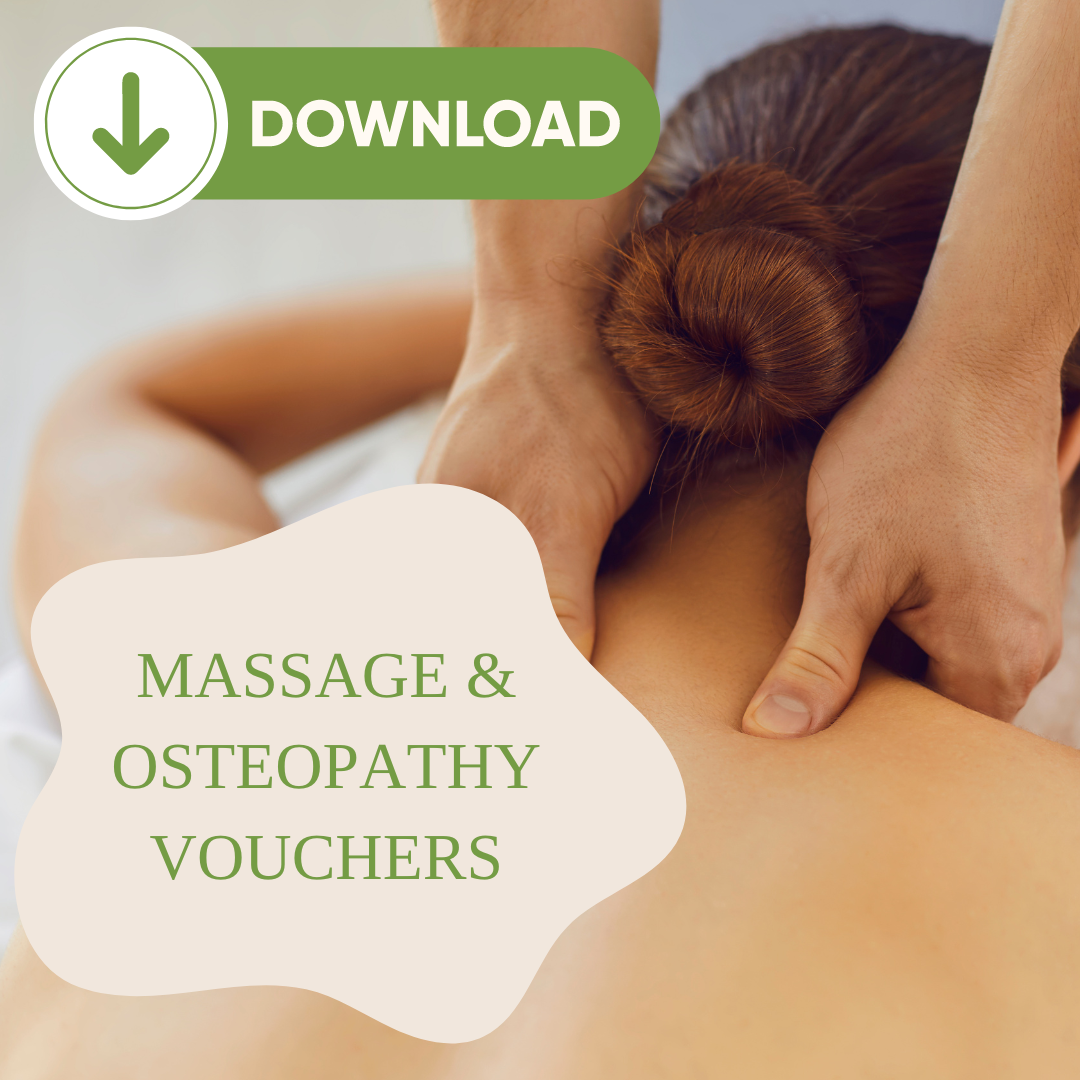The CoViD-19 pandemic has changed our lives in ways that we could not possibly have imagined six months ago. These enforced but necessary changes may have resulted in feelings of increased anxiety in many of you. Sleep deprivation or eating/drinking habits which have altered during lockdown are just a few examples.
But for those who have been on the frontline - either as the providers of treatments or those receiving the treatment, the pressure and stress may have caused new or increased symptoms of anxiety or even resulted in PTSD.
Recent reports in both mainstream and medical press have been suggested the regulation of screening for PTSD and anxiety for patients affected by the Covid-19 pandemic.
Medical News Today list these four symptom types which categorise PTSD:
Reexperiencing the trauma: A person may have nightmares or experience flashbacks.
Avoiding certain situations: A person may avoid situations or people that remind them of the traumatic experience.
Experiencing negative changes in emotions and beliefs: A person may experience changes in the way they think about themselves and others around them. They may also forget about parts of the event and be unable to experience loving feelings toward others.
Experiencing hyperarousal: Those with PTSD may experience difficulty sleeping and concentrating, and they may become easily startled.
Anxiety UK list the psychological symptoms of anxiety as follows:
Thinking that you may lose control and/or go “mad”
Thinking that you might die
Thinking that you may have a heart attack/be sick/faint/have a brain tumour
Feeling that people are looking at you and observing your anxiety
Feeling as though things are speeding up/slowing down
Feeling detached from your environment and the people in it
Feeling like wanting to run away/escape from the situation
Feeling on edge and alert to everything around you
How acupuncture may help
Irrespective of the underlying cause of anxiety, traditional Chinese acupuncture may be able to help more than you think. The reason for the anxiety may or may not be clear to the sufferer but feelings of fear and worry can become unrelenting, causing a level of anxiety which can then start disturbing sleep and affecting your daily life. Physical symptoms of anxiety may include increased heart rate, shortness of breath, headaches, insomnia, panic attacks, digestive disorders and pain, to name a few.
According to the British Acupuncture Council, research has shown positive findings for the treatment of many different forms of chronic anxiety, including post-traumatic stress disorder, eating disorders and musculoskeletal pain. Recent evidence has also shown that acupuncture treatments have a great effect on reducing anxiety and depression when compared to conventional psychotherapy and pharmacological approaches, with more than two times the reduction in symptoms.
How does it work?
Acupuncture has been shown not only to calm the response of the hypothalamus (part of the brain), which releases neurochemicals when the body is under stress, but also to increase the levels of endorphins which regulate the body's emotional and physical stress responses, positively affecting heart rate, blood pressure and also perceived levels of pain. The calming and relaxing effect of acupuncture is often commented on by people trying acupuncture for the first time. They regularly seem surprised by how relaxed they feel during and after their treatment.
Over the years acupuncture has evolved into many forms and the practitioners at the Perrymount are trained in five elements and traditional Chinese Medicine along with classical Stems and Branches Acupuncture. Each treatment is tailored to you and your individual needs, taking account of your medical history and presenting symptoms. We are more than happy to discuss whether acupuncture can help you in any way and offer free 15 minute consultations to enable you to ask any questions you may have.
References
https://www.evidencebasedacupuncture.org/staging/present-research/acupuncture-anxiety/#foot_text_17520_7
https://www.healthcmi.com/Acupuncture-Continuing-Education-News/1952-acupuncture-outperforms-drug-for-anxiety
https://www.acupuncture.org.uk/a-to-z-of-conditions/a-to-z-of-conditions/1278-anxiety.html
https://www.anxietyuk.org.uk/get-help/anxiety-information/
https://www.medicalnewstoday.com/articles/ptsd-and-covid-19#symptoms
Merck & Co., Inc. (2003) Merck Manual of Medical Information, Home Edition (2nd edition) London: Simon & Schuster
International College of Oriental Medicine, (ICOM) (2019). Dalziel, A. The physiological response to fear and anxiety from Western and Chinese medical perspectives and implications for acupuncture treatment. West Sussex: ICOM
Blog post | The Perrymount Clinic 01444 410944
Call to book or for more information 01444 410944

Acupuncture and Post Traumatic Stress Disorder or Generalised Anxiety Disorder (GAD)


The Perrymount Clinic
Unit 5
Hurstwood Grange
Hurstwood Lane
Haywards Heath
West Sussex
RH17 7QX
01444 410944
info@theperrymount.com
